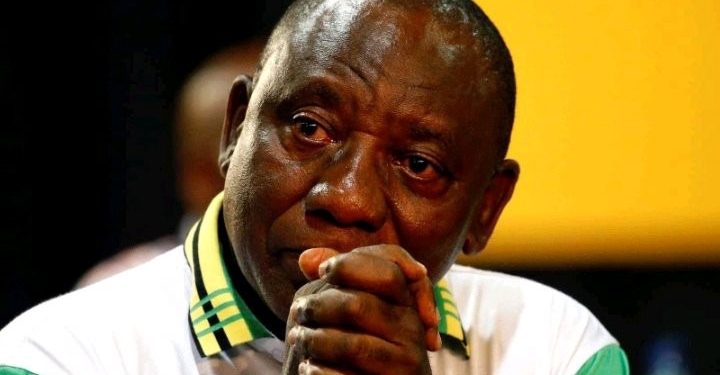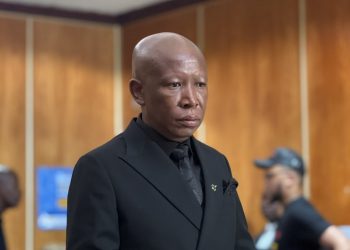President Cyril Ramaphosa’s recent acknowledgment of a conversation with former United States President Donald Trump regarding South Africa’s transformation policies highlights the importance of international dialogue in addressing complex national agendas. The discussion, centered on policies aimed at correcting historical inequalities and promoting a more equitable society, reflects Ramaphosa’s dedication to transparency and proactive engagement with global leaders.
Ramaphosa’s statement, “I have spoken to my United States counterpart, Donald Trump, about South African policies in relation to transformation,” demonstrates his administration’s active efforts to communicate with international partners. Engaging with a leader of Trump’s prominence underscores the global significance of South Africa’s transformation initiatives and the need to clearly present these policies abroad.
The exchange between Ramaphosa and Trump emphasizes the role of clear communication in international relations, particularly when discussing policies that may face external scrutiny. South Africa’s transformation agenda, designed to address the lasting effects of apartheid and create a fairer society, involves intricate strategies. By speaking directly with Trump, Ramaphosa had an opportunity to explain these policies, correct potential misconceptions, and promote a better understanding of South Africa’s historical context and ongoing reforms.
Ramaphosa’s openness to such discussions aligns with his administration’s commitment to transparency and belief in the country’s transformation efforts. Despite the challenges of enacting large-scale societal change, his approach highlights the value of honest communication about national progress and goals. This leadership style reinforces the importance of fostering mutual understanding in a globally connected world.
The public disclosure of this conversation indicates Ramaphosa’s intention to keep both South Africans and the international community informed about his government’s diplomatic engagements. Dialogue with the leader of a major global power like the United States highlights the broader relevance of South Africa’s transformation policies and its influence in shaping international discussions.
This exchange took place at a time when South Africa’s efforts to overcome historical injustices and build a more inclusive society were attracting global attention. Ramaphosa’s remarks serve as a reminder that these reforms are part of a wider international discourse on social justice, equality, and national development. Countries worldwide are learning from each other’s experiences, and leaders like Ramaphosa play a key role in advancing these discussions.
By engaging with Trump, Ramaphosa not only clarified South Africa’s policies but also underscored the importance of diplomacy and cross-cultural understanding. The conversation offered a chance to strengthen ties, find shared interests, and encourage constructive dialogue between nations with different histories and challenges.
In summary, President Cyril Ramaphosa’s disclosure of his discussion with Donald Trump about South Africa’s transformation policies reflects his administration’s focus on global engagement, openness, and the need for clear communication in an interconnected world. Through this dialogue, Ramaphosa aimed to articulate South Africa’s vision for a fairer society and contribute to the international exchange of ideas on transformative change.






















